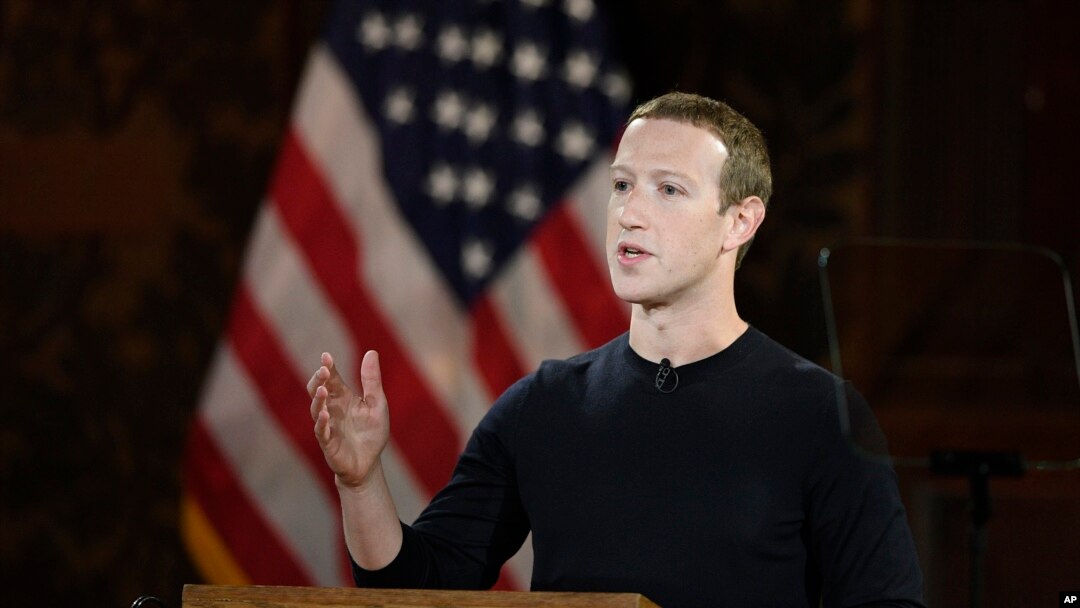Facebook on Monday said it will apply lessons learned from America's 2016 election to prevent manipulation of its platforms in the 2020 presidential contest.
In a press release, Facebook said it is working to combat "Inauthentic Behavior" on its applications — a phenomenon widely documented in 2016 that has continued in years since.
Facebook defines inauthentic behavior as "using deceptive behaviors to conceal the identity of the organization behind a campaign, make the organization or its activity appear more popular or trustworthy than it is, or evade (Facebook's) enforcement efforts."
U.S. intelligence agencies have accused Russia of creating fake accounts on Facebook and other platforms to spread falsehoods and divisive messaging that pitted U.S. voters against each other.
The social media giant will start requiring pages and advertisements to show their "Confirmed Page Owner." Pages with large U.S. audiences will need to add their owners first.
The press release shared that Facebook had taken down four pages and groups on Facebook and Instagram that were linked to government-sponsored inauthentic behavior the morning of the press release. Three of them were linked to Iran, and one was in Russia.
As part of its policy, Facebook said it will label media outlets that are wholly or partially under their government's editorial control as state-controlled media.
The company also pledged to remove misinformation from its newsfeeds. Elsewhere on the platform, pop-up messages will warn users of content that had been rated false or partly false by independent fact-checkers.
Fact-checkers are not trusted by all Americans. According to a survey by Pew Research Center, 69% of Democrats say fact-checking efforts by news outlets and other organizations "deal fairly with all sides." But only 28% of Republicans concur.
Facebook said it has taken down 50 networks that were engaging in "coordinated inauthentic behavior," many of which were operating ahead of major elections.




